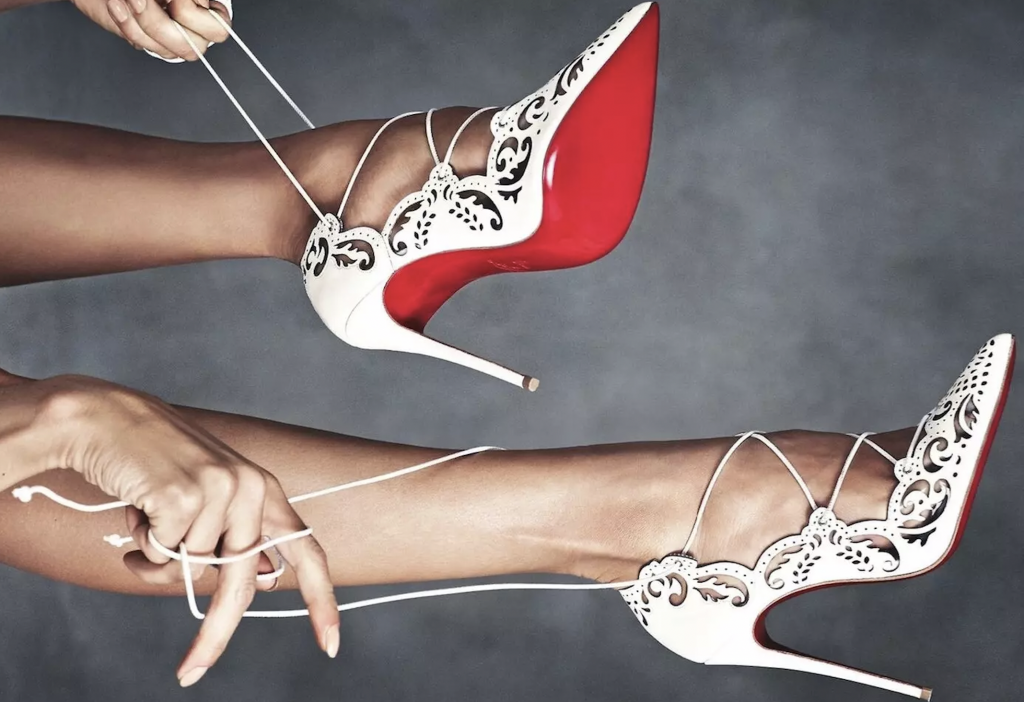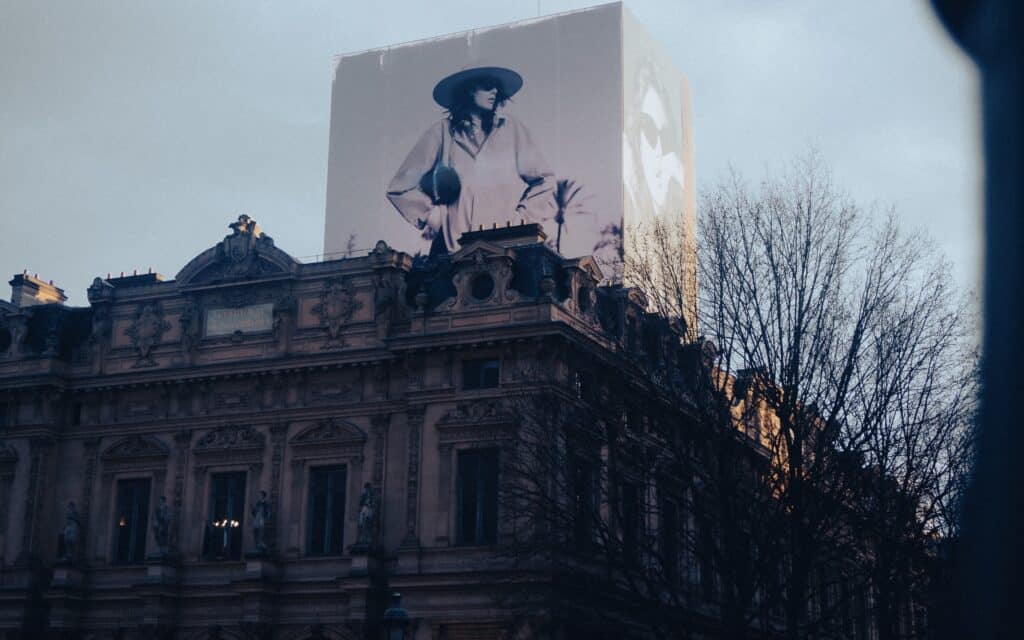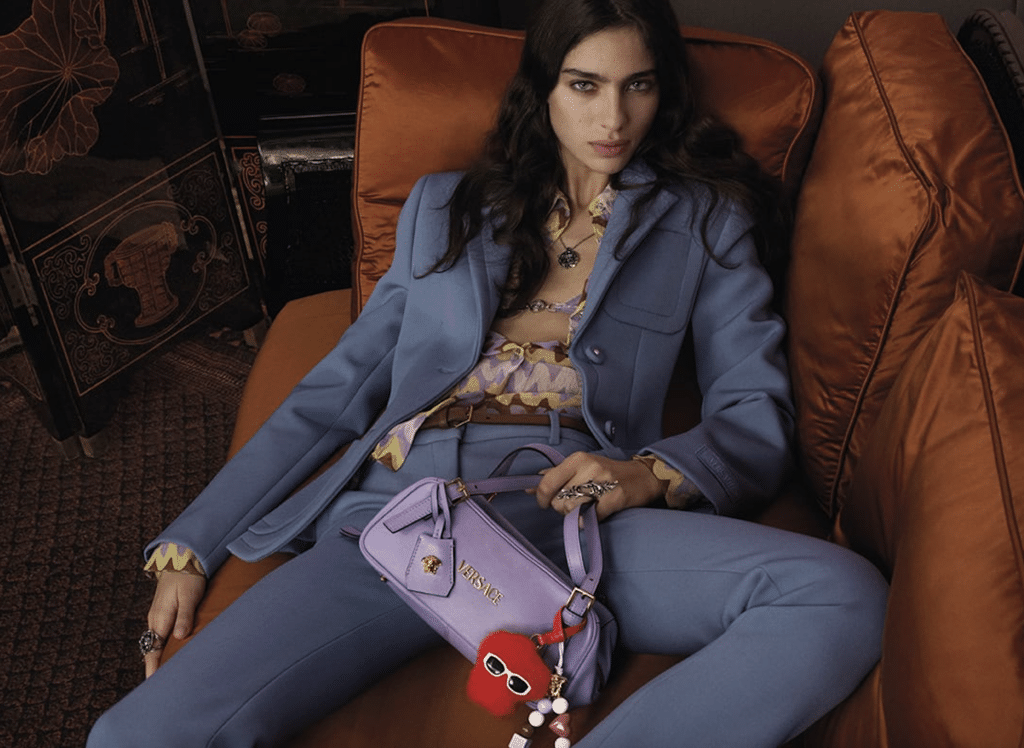Exor Group has made good on one of the names that has been floated as a key target of luxury-level M&A interest for 2021: Christian Louboutin. On Monday, the $30 billion Netherlands-incorporated investment group run by the Italian Agnelli family and the largest shareholder in Italian automaker Ferrari announced that it will take a 24 percent stake in the independently-owned Louboutin in exchange for 541 million euros ($640 million), a deal that values the 30-year old Paris-based footwear brand at $2.3 billion euros ($2.73 billion) and sets it up for expansion, particularly in China.
“Under the leadership of [Exor chairman and CEO] John Elkann, the Agnelli family’s investment company has been diversifying its investments in recent years as the founders of Fiat Chrysler expand beyond the car industry,” Bloomberg reported on Monday. The deal comes amid reports that Exor – which has maintained a total voting power of nearly 50 percent in Ferrari along with Piero Ferrari, son of the Italian automaker’s founder Enzo Ferrari – “may look to create a luxury conglomerate around Ferrari,” according to Reuters. Exor’s newly-announced acquisition of a stake in Louboutin, which is known for its world-famous trademark-protected red-soled shoes, follows closely, after all, from its move to acquire a majority stake in Chinese ready-to-wear and accessories brand Shang Xia from former owner Hermès. Exor announced in December that it would invest “around €80 million [$96.9 million] in Shang Xia via a reserved capital increase that will result in it becoming the company’s majority shareholder.”
A spokesman for Exor has denied that suggested strategy, asserting that the Louboutin – which “sells roughly a million pairs of shoes a year, per Reuters – and Shang Xia deals are in line with the publicly-traded holding company’s quest to maintain a “diversified portfolio.”
In a joint statement on Monday, Exor and Louboutin stated that “Exor’s commitment to building great companies makes it an excellent partner for Christian Louboutin at a moment when this established brand is poised to capture significant new opportunities.” Looking ahead, they asserted that “there is significant scope to develop the Christian Louboutin brand’s presence, notably via further geographic expansion, particularly in China,” asserting that Louboutin “will continue to develop its multi-channel distribution strategy, not least by extending its existing digital and e-commerce platforms.”
Speaking of the “formal footwear” category generally, Bernstein analyst Luca Solca told Bloomberg on Monday that it is a “difficult” one, as brands in this space “are impacted by a secular casualization trend, of which sneakers are the epitome, and [it is] difficult to expand into other product categories, as footwear’s average price is relatively low.” The trend towards lower heels and fashion-centric sneakers (often at the expense of high heels) was underway before the onset of COVID-19 but has certainly been accelerated by the enduring impact of the global health pandemic. Galeries Lafayette’s accessories director Hortense Demay, for example, revealed early this year that “the elegant, evening high-heel segment is suffering much more than other shoe categories,” with the COVID “crisis only amplifying some trends that were already around.”
The latest in a string of luxury M&A transactions, the Exor-Louboutin transaction, which is expected to close in Q2 of this year, comes just days after Japanese apparel group Onward Holdings announced that it will sell the Jil Sander brand to Renzo Rosso’s luxury group, OTB, the parent of Diesel, Maison Margiela, Marni, Amiri, and Viktor & Rolf. The financial figures associated with that deal remain undisclosed.














